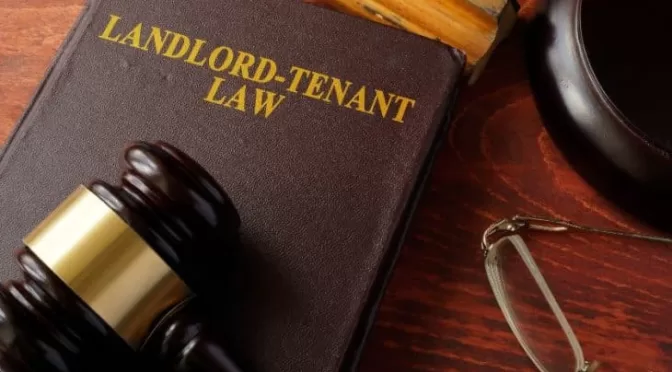As a tenant, you’re entitled to a safe and liveable home. But sometimes, landlords in Massachusetts don’t uphold their duty to maintain rental properties. If you’re dealing with ignored repairs, you might feel cornered into suing your landlord. However, the legal process can be tough and complex. This post breaks down potential obstacles you could face in this legal journey, using examples from Massachusetts cases.
1. Missing Evidence
The first hurdle is often a lack of evidence. To win in court, you need to show that your landlord neglected the property, and this caused harm or unsafe living conditions. Without solid proof like emails requesting repairs or photos of the issues, this is tricky. For instance, in Boston Housing Authority v. Hemingway, the court highlighted the tenant’s role in providing proof of housing code violations. Without clear evidence, convincing a judge that your landlord is at fault might be tough.
2. The Cost Factor
While pursuing a lawsuit against your landlord does have costs, hiring a lawyer can be a valuable investment. Legal professionals provide invaluable assistance, easing the process significantly. Although taking time off for court and meetings may seem daunting, having a lawyer can help streamline these engagements, potentially reducing your time off work. Yes, there are costs associated with hiring a lawyer, but some Massachusetts tenants may qualify for free legal aid. Ultimately, the peace of mind and expert guidance a lawyer provides can outweigh the costs, making it a worthwhile consideration.
3. Time Commitment
Court cases can take up a lot of time. Filing paperwork, attending hearings, and meeting your attorney all require time. Depending on your case’s complexity, getting a resolution might take months or even years. All the while, you might still be stuck in unsafe living conditions, causing you stress and frustration.
4. Risk of Landlord Retaliation
In response to legal action, landlords might react negatively. They might raise your rent or terminate your lease. Although such retaliation is illegal under Massachusetts law (MGL c.186, § 18), proving this in court can be hard. Even if you win your case, if your landlord has a bad local reputation, finding a new home might be difficult.
5. Proving Your Case
Lastly, remember that as the tenant, the burden of proof is on you. You need to show that your landlord neglected the property, causing harm. If your landlord disputes your claims or suggests you caused the damage, this can be particularly challenging.
6. Finding Safe Living Conditions During a Lawsuit
While the legal process unfolds, it’s crucial to secure safe living conditions for yourself. Here are some positive actions you can take:
- Seek Temporary Housing: Look into short-term housing options like subletting an apartment or staying with friends or family. In Massachusetts, there are also organizations like HomeStart and Housing Families that offer temporary housing assistance.
- Explore Rental Assistance Programs: Various rental assistance programs may be available to help you cover the cost of temporary housing. The Massachusetts Rental Voucher Program is one such resource.
- Document Your Living Conditions: Keep documenting your living conditions, even if you’ve moved to a temporary place. This can be useful evidence in your lawsuit.
- Communicate with Your Landlord: Keep open lines of communication with your landlord. They may be willing to help you find a temporary place or make the necessary repairs more quickly.
- Maintain Your Health: Living in poor conditions can be stressful. Ensure you’re taking care of your physical and mental health by seeking support from healthcare professionals or mental health resources if needed.
- Stay Informed About Your Rights: Continue to educate yourself about your tenant rights in Massachusetts. The more you know, the better prepared you’ll be.
Remember, your safety and well-being are paramount. Take these positive steps to ensure you have a safe place to live while your lawsuit is ongoing.
To conclude, taking your landlord to court over poor maintenance isn’t easy. It’s important to think about the financial costs, time involvement, and potential retaliation before you decide to take legal action. Gathering evidence to support your case and partnering with an experienced attorney is also crucial.
Are you dealing with this issue? Don’t hesitate to reach out to us. At Reeves Lavallee PC, we’re here to support you every step of the way. Let’s make sure you get the justice you deserve. Don’t go through this alone. Contact us today, and let’s improve your living conditions together.
#LandlordTenantDisputes, #MassachusettsLaw, #LegalAid, #HousingRights, #RentalPropertyMaintenance, #LawsuitAgainstLandlord, #LegalCosts, #LandlordRetaliation, #TenantRights, #BurdenOfProof, #EvidenceCollection, #ExperiencedAttorney, #LegalGuidance





